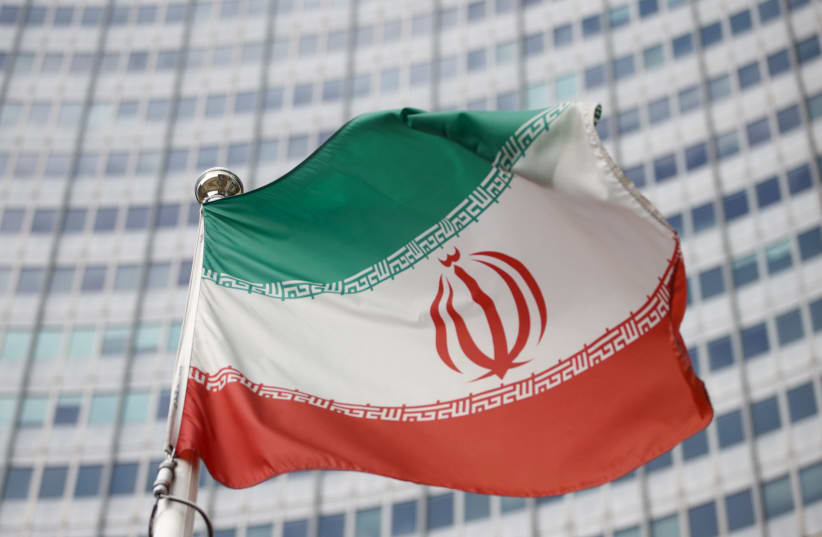Candidates began signing up on Tuesday for Iran’s June 18 presidential election, with the field far more wide open than it has been in years.
If once the race was seen as pitting the reformist and hard-line camps against each other, to date there is no clear candidate from the reformist camp, and anyone too popular might be disqualified by Iran’s Guardian Council.
Rather, the race is expected to be between a mix of Islamic Revolutionary Guard Corps (IRGC) officials, top clerics and potentially some from the so-called pragmatist camp.
The reformists have been open to reconstructing the Islamic Republic from the ground up. They have never said they would definitely get rid of Khamenei and the mullahs/clerics who run things and rip the Islamic Republic apart. But they are the only ones who would even consider it.
In contrast, the pragmatists, such as outgoing Iranian President Hassan Rouhani, are committed to the current system, but they are more positive about interactions with the West than the most hawkish hard-liners.
The hard-liners hate the West and want nothing to do with it.
The clerical establishment is hoping for a high turnout in a vote seen as a referendum on the leaders’ handling of the Islamic Republic’s political and economic crises.
Turnout may be hit by rising discontent over steep rises in consumer prices and high unemployment. The economy has been crippled by US sanctions reimposed after the US in 2018 pulled out of Iran’s 2015 nuclear deal with world powers.
Registration for the election will last five days, after which entrants will be screened for their political and Islamic qualifications by the Guardian Council. In the past, it has disqualified thousands of moderate entrants for all levels of government service.
Rouhani, whose government is taking part in talks in Vienna with world powers to revive Iran’s 2015 nuclear deal that secured a removal of international financial and trade sanctions against Tehran, cannot seek reelection because he has served two consecutive four-year terms.
According to Iranian media reports, likely candidates from the IRGC include: Mohsen Rezaei, an outspoken former top commander; Hossein Dehghan, an adviser to Iranian Supreme Leader Ayatollah Ali Khamenei; Rostam Ghasemi, a former petroleum minister; and Mohammad Bagher Qalibaf, Iran’s parliament speaker, who is infamous for supporting a 1999 crackdown on students.
From the younger generation, there is former IRGC officer Saeed Mohammad, a general and aide to IRGC commander Maj.-Gen. Hossein Salami.
Another possible candidate is Mohammad Hassan Nami, an army general who was telecoms minister during former president Mahmoud Ahmadinejad’s term.
From the clerical establishment, Chief Justice Ebrahim Raisi may run again, having secured nearly 16 million votes in finishing behind Rouhani in 2017.
Raisi is also considered a potential successor to Khamenei, who is 82 and has had several health problems in recent years.
However, it is as yet unclear if Khamenei will throw his support behind Raisi again, as he did in 2017, given that Raisi did not win that round.
Former parliament speaker Ali Larijani and Iranian Foreign Minister Mohammad Javad Zarif may also run. Zarif has repeatedly denied any intention of running, but he has a history of disinformation campaigns leading to seeming flip-flops on major issues, which subsequently appear to be carefully planned manipulative exercises.
Iran’s 2020 parliamentary vote had about a 42% turnout, the lowest since 1979, though it also occurred under difficult coronavirus circumstances.
An estimated 59 million Iranians out of 84 million could be eligible to vote.
